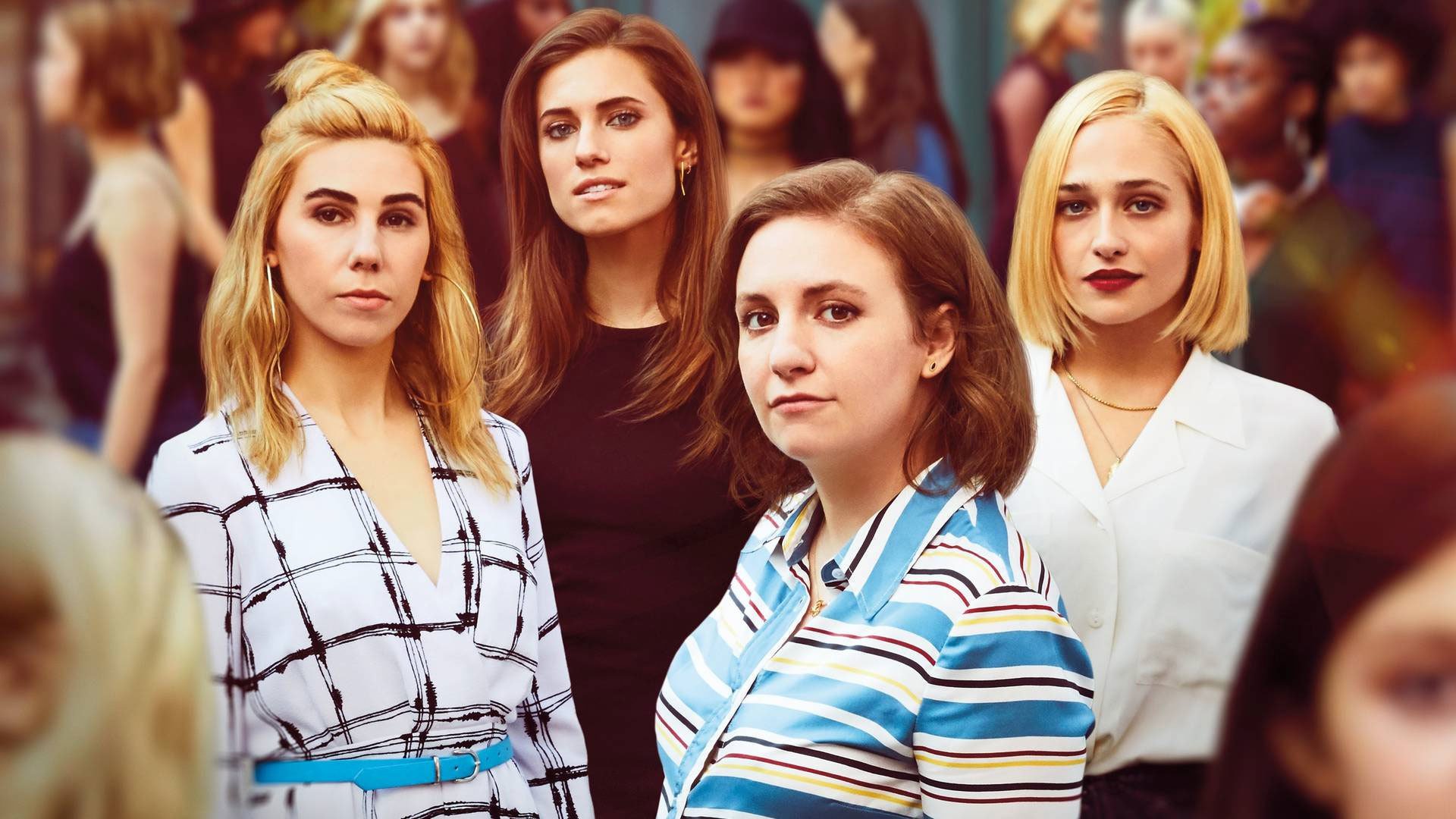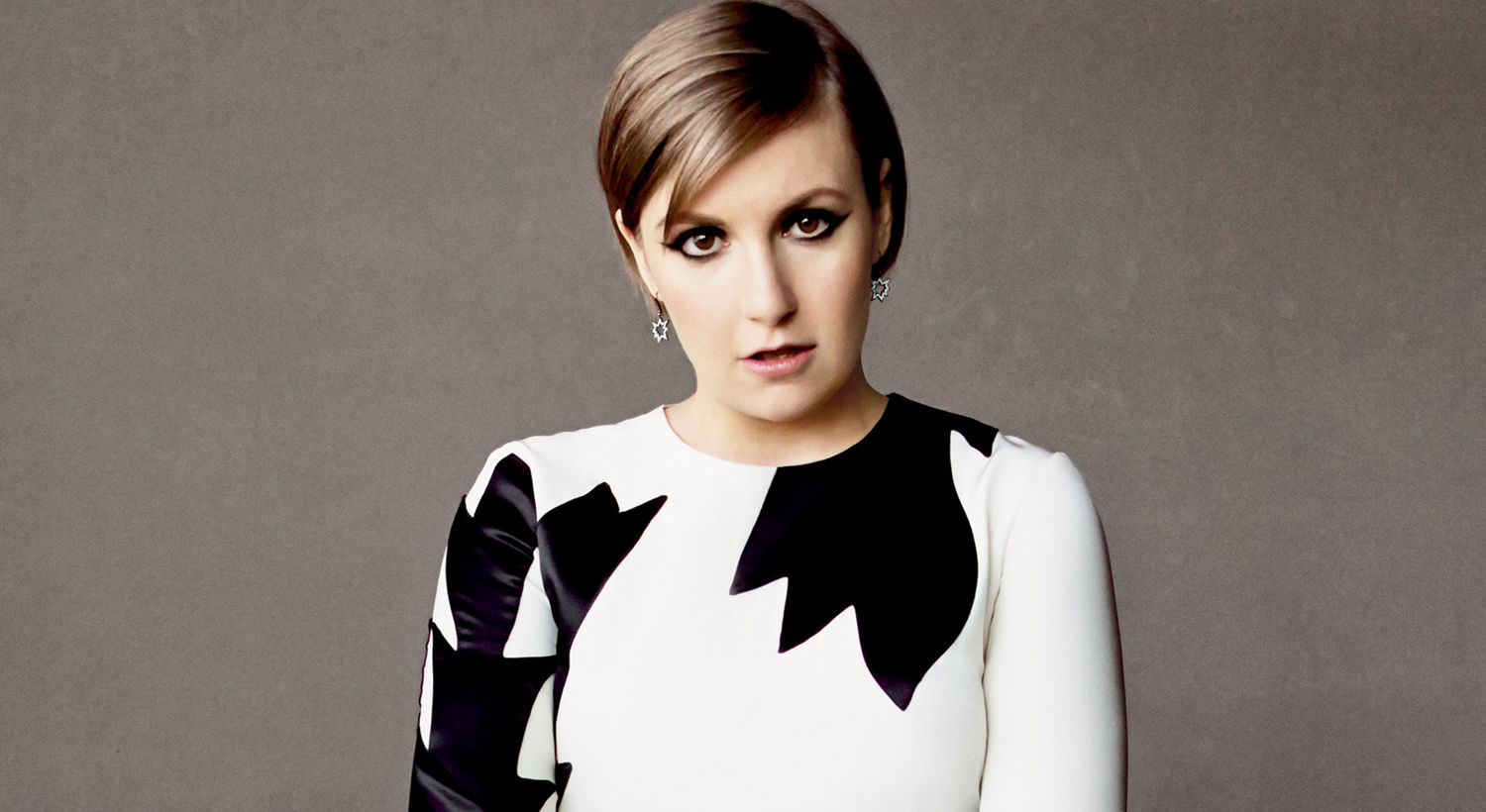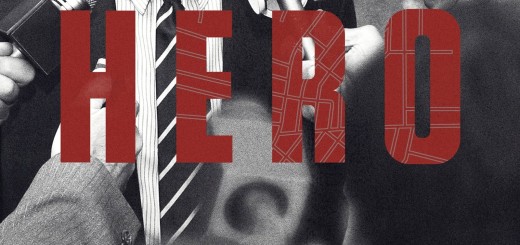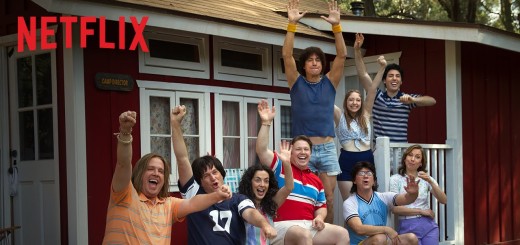GIRLS Season Six Review

Three things in life are certain: death, taxes, and your favorite show ending. (Unless your favorite show is THE BIG BANG THEORY, in which case, who hurt you? ) In my review of season five of GIRLS, I speculated that the sixth season may be the last. It turned out to be true, and last week saw the “thrilling” conclusion of Lena Dunham’s brainchild. Season six wasn’t quite the powerhouse of incredible television season five was, but it provided a satisfying conclusion to the series for the characters, creators, and fans alike. So could I say that it was one of my favorites? Well, firstly you may want to sometime read the likes of these favourite tv show statistics to see how your favorite could match up to that of others. Secondly, let’s get into the review.
Some reviews expressed disappointment with the the final episode-to which I say, what did you expect? Explosions and VFX? GIRLS has always excelled with its quiet but poignant take on the everyday struggles of young adulthood. In true GIRLS fashion, nobody really ends the series having it all “figured out”-but season six drops some heavy hints that they are all well on their way.

Not unlike Riz Ahmed, HBO’s new official golden boy!
Co-creators Lena Dunham, Jenni Konner, and Judd Apatow took the opportunity to check off many of their bucket list items for the series: songs they couldn’t get the rights to in the past (“Fast Car” by Tracy Chapman), an all-Elijah episode, and bringing back old characters for one final appearance (Patrick Wilson’s doctor Joshua from “One Man’s Trash” in season three and Adam’s long-gone sister Caroline). It was interesting to watch a season of a show generated not only for the satisfaction of its fans, but for the creators themselves. This approach gave the entire season an undercurrent of closure, and made each episode feel particularly special.
Season six opens with one of the most powerful sequences in this history of the show. Hannah gets an article published in the New York Times based on her Moth story from the final episode of season five. We see each and every main character, one by one, reading the article and having their own unique responses to their friend (or foe) finding success. From Jessa’s quiet anger to Marnie’s elation while sitting on the toilet-these little moments served as a clever emotional recap, and a “last look” at all of these faces we’ve grown to know and love over the last six years. This is the kind of brilliant storytelling I love about GIRLS, and yes, I was sobbing within the first minute.
This opening also set the tone for the true ensemble nature of the final season. Every character gets their moment in the sun, from the four leading women to Laird and Shoshanna’s old boss Abby. Hannah’s mother Loreen is the “Elijah” of this season-previously the butt of jokes with limited depth, now grown into a realized character with influence on the action of the story. Her marijuana-induced Chinese food binge in episode five showcases real comedic talent, and her dramatic presence in the finale make this a truly standout season for Loreen. This isn’t, of course, to say that Elijah isn’t also the “Elijah” of this season. Episode seven, “The Bounce,” is basically a 30 minute reel for the incredibly talented Andrew Rannells. It definitely softens the blow of missing out on Elijah for the rest of my life, because Rannells is going to get snapped up by some other lucky show in no time.

More of this forever, please
I recently came out as a Lena Dunham apologist, and I’d like to submit this season’s “capsule episode” as evidence that she deserves to be given a little more credit. Episode three, “American Bitch,” sees Hannah visiting the home of one of her favorite male authors, whose life has been ruined by accusations of sexual harassment from a young woman on Tumblr. This is a situation we see all too often nowadays, and Dunham’s willingness to put herself in this perspective and create a nuanced portrait of a man in this situation shows how self-aware she is. She doesn’t write off the author as a simply horrific being, but explores where the behavior comes from and hears him out when he shares his side of the story. The final moments of the episode when he proudly watches his daughter perform despite his complete inability to relate to adult women shows the care Dunham takes with her characters. She’s by no means a perfect person (who is?), but she is a top-notch writer who doesn’t hesitate to explore the feelings of the opposite side. Overall, this season really showcases her developed writing and acting talent. She’s a total powerhouse, and I can’t wait to see what’s next for her.

Just put “If you actually read her book, you’d understand that it was taken out of context!” on my gravestone
The overall arc of this season revolves around Hannah’s pregnancy. When she inadvertently gets knocked up by Riz Ahmed at surf camp, she surprises everyone (and herself) by deciding to keep the baby. The season exists through the lens of this development (no pun intended): characters react strongly to the news, when they were told, if they were told, and some even go so far as to assume they have a role in taking care of the baby. It brings out everyone’s true colors. Classic screenwriting technique tells us to put our characters in the middle of the worst thing that could ever happen to them, and season six nails it for Hannah. We see her usual fantasies playing out (being a cool young single mom), but unlike her previous fancies of dating Fran and feminist yoga camp, this is one decision she can’t take back. The finale is satisfying because Hannah attempts to go through her usual MO-“treating the baby like she would a boyfriend” as Dunham says in the Inside the Episode featurette-and finally gets the wake-up call we’ve been waiting for since season one episode one. Fans of the show who understand how huge of a development it is for textbook narcissist Hannah to give herself to another human being will be satisfied with the conclusion, as I was.
Speaking of textbook narcissists, it’s my last chance to hate on Marnie and I’m going to milk it for all it’s worth. My one disappointment from this season was that they didn’t go through with killing off Marnie. Hear me out. Marnie’s death was heavily foreshadowed through Desi’s cries of “You’re going to wind up dead in a river” last season and Ray’s warnings that she’s going to die someday in episode five. Marnie’s selfishness sinks so low that she seems virtually irredeemable by episode seven, but ultimately brings it around in the 11th hour by hitting rock bottom and apologizing to Desi. Wouldn’t it have been more interesting for her character to be so irredeemable the only way to complete her arc would be to kill her off? The end of the series would have seen Marnie’s death, the symbol of childish selfishness and narcissism, parallel to the birth of Hannah’s baby, a fresh start and an opportunity to fully give oneself to someone else. For a show so willing to pull out all the stops on depicting the harsh reality of life, I wish it had gone just that one step further instead of giving her a “get out of Marnie’s bullshit free” card in the final moments of the season.

On a scale of Ray to Marnie, how much of a human dumpster fire are you?
GIRLS premiered in April 2012, just before my high school graduation. It’s ending almost exactly one year after my graduation from college, which means that as the show ends, I’m right in the position the main characters were at when the show began. I’ve always identified strongly with the experiences of the characters (Hannah’s frantic googling of “Normal Tongue” is to date the strangest television moment to make me burst into tears), but in a way, they were consistently a few steps ahead of me. The series ending feels like it’s prepared me for the post-college life I have ahead.
In a culture where you’re expected to have it all figured out by age 18, GIRLS teaches us that it’s okay to make it up as you go. It’s okay to feel like you don’t have a clue what you’re doing, because nobody does-not a hopeful college graduate who fails a class in her final semester, or a recently divorced woman in her ‘60s having to start life from scratch. It’s okay to embrace your mistakes, because they make you who you are, and making mistakes is just as important as making the right decisions.
Thank you, GIRLS, for your honesty and vulnerability. Thank you for embracing imperfection, for making us laugh and cry, and for shepherding a new generation of young men and women through the tumultuous years of our 20s. Thank you for inspiring me to tell stories, and for showing me at a young age what amazing television can be, what it can mean, and what it can accomplish.
For those of you who haven’t watched this show yet, particularly if you’re in your 20s, do yourself a favor and check it out. I cannot possibly recommend it enough.
Verdict: Recommend



